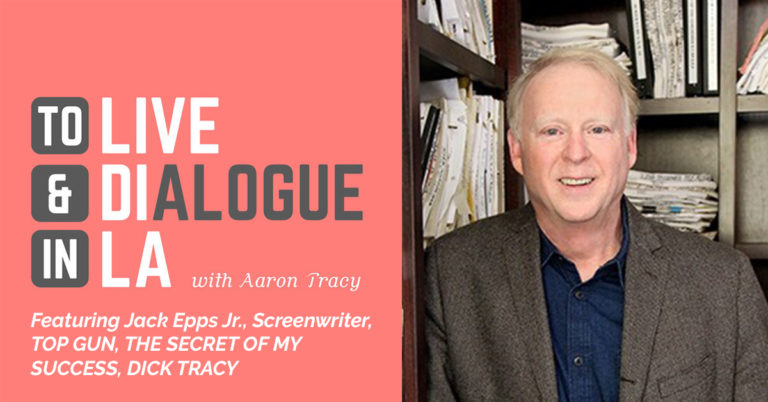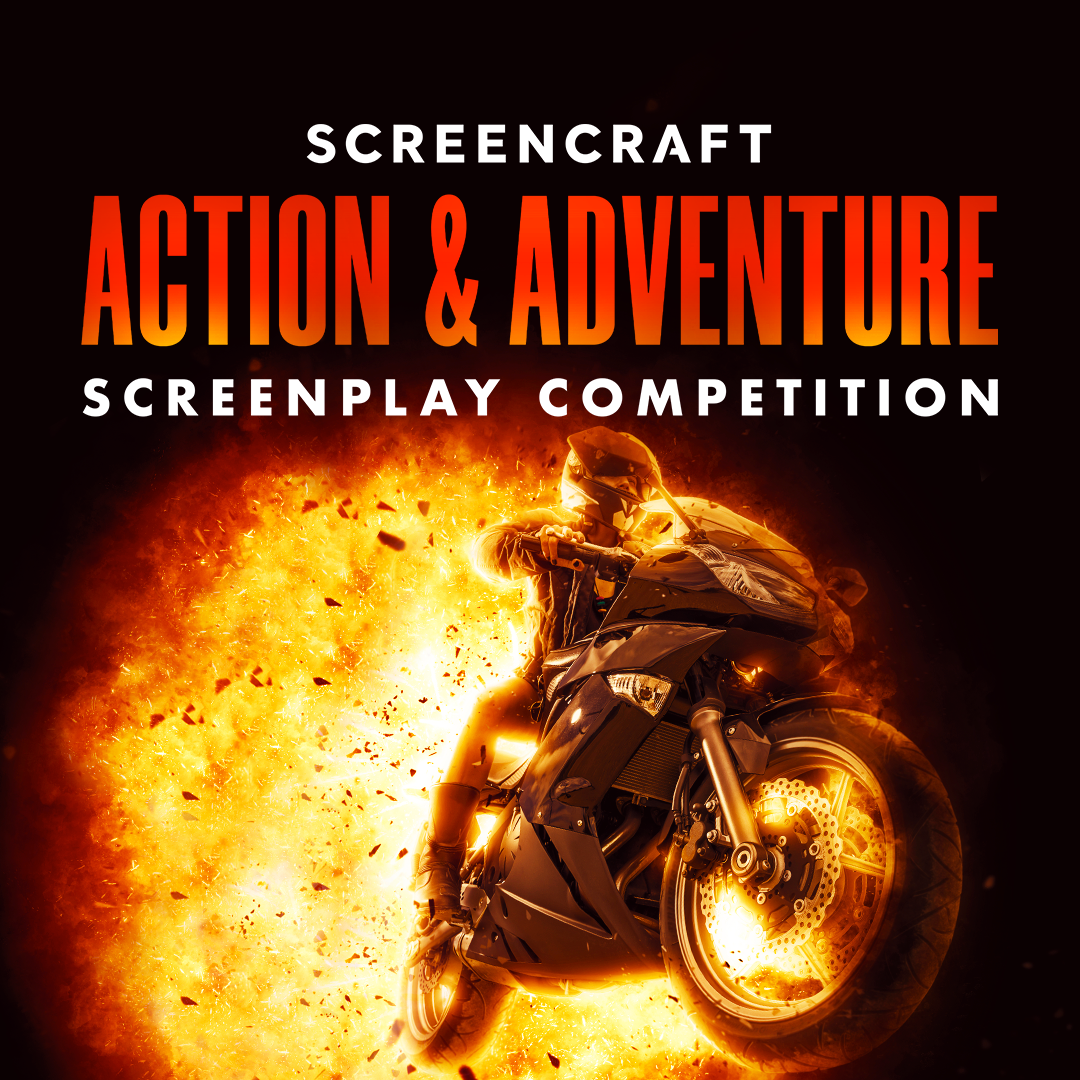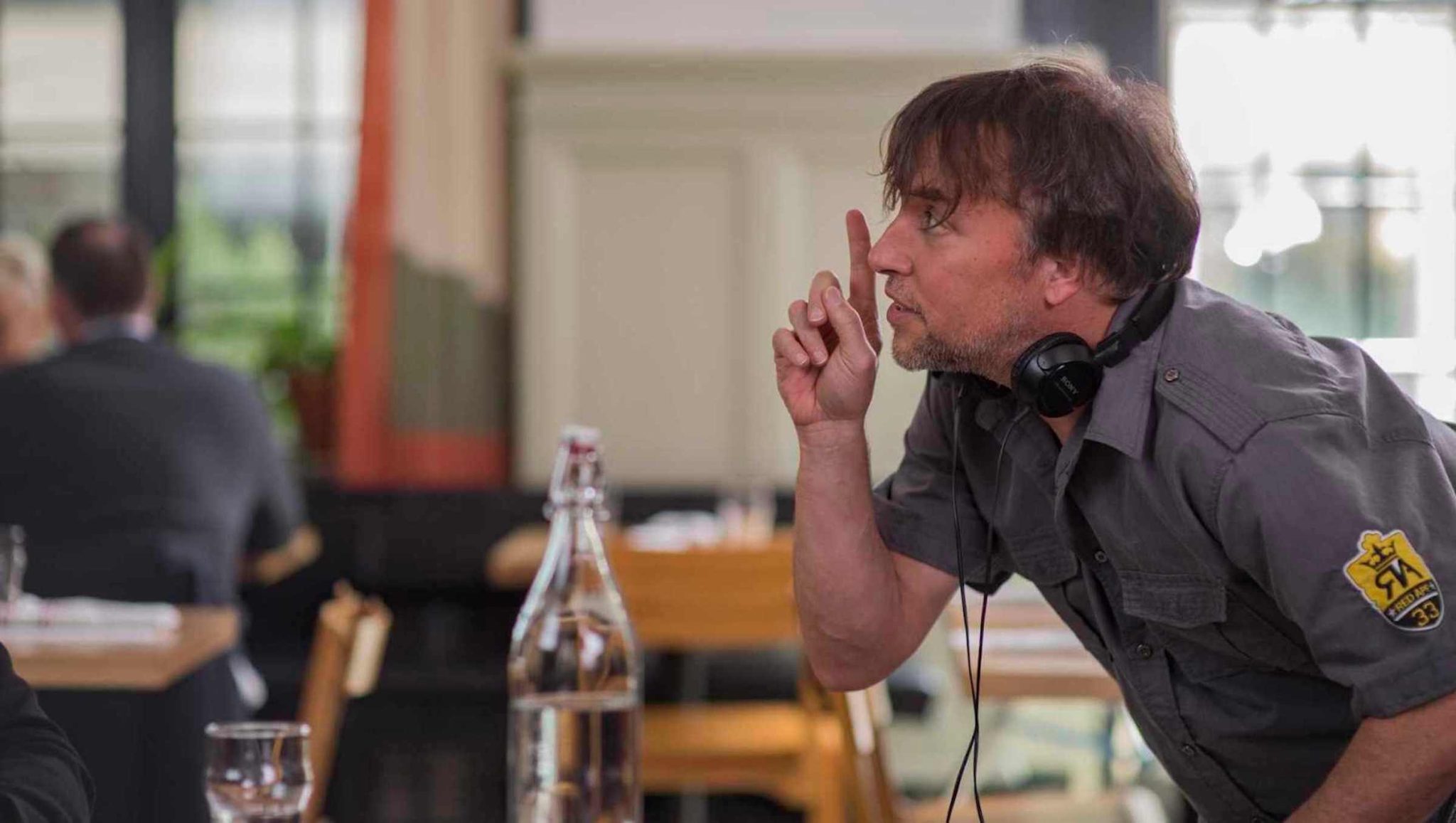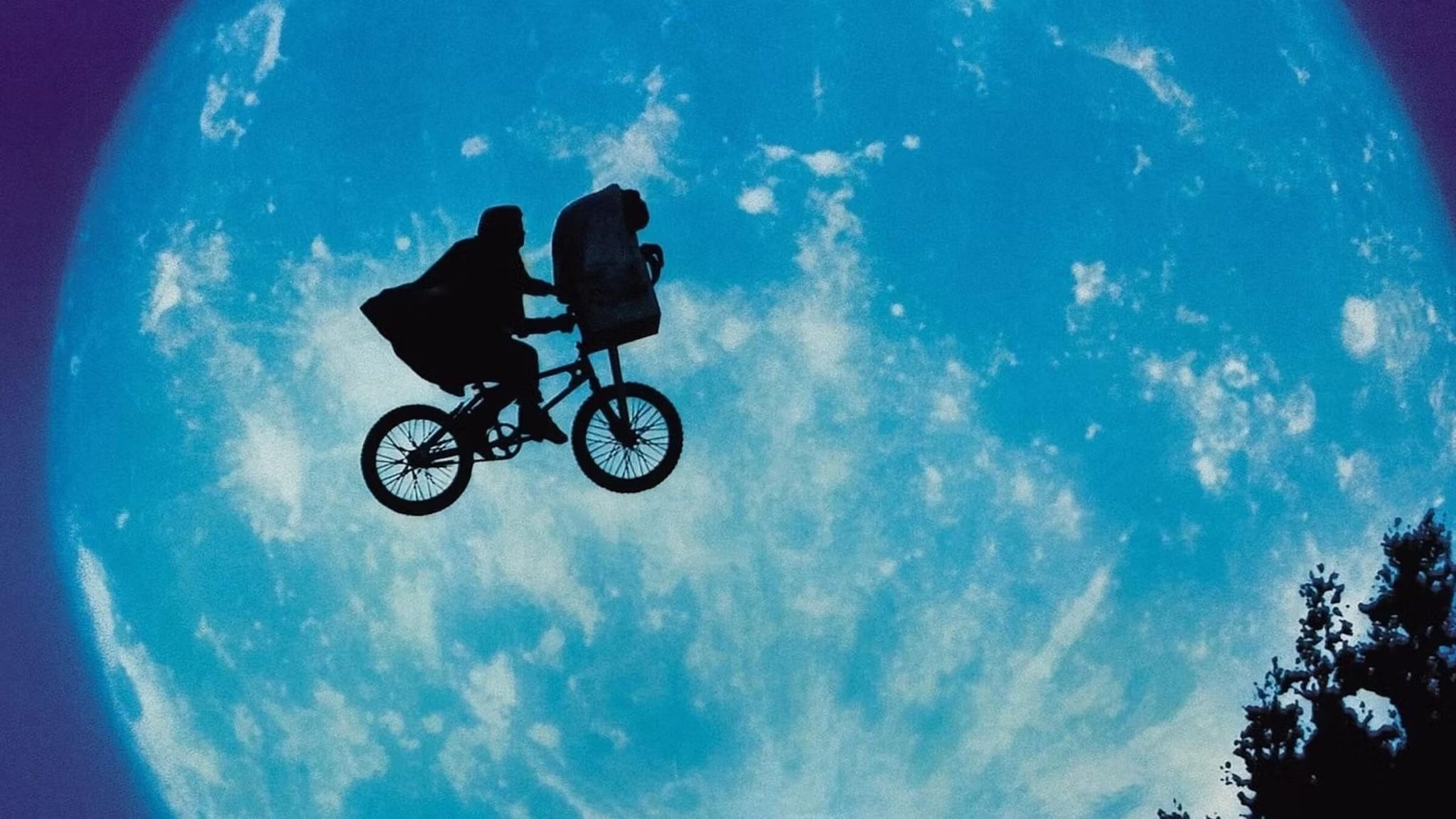5 Ways To Write Better Mainstream With 80’s Screenwriting Maestro Jack Epps Jr.

“You want your work to stand the test of time,” screenwriter Jack Epps, Jr. says on a recent episode of the Yale Podcast Network’s To Live and Dialogue in LA, hosted by Aaron Tracy. As the writer of (along with his writing partner Jim Cash) seminal 80’s movies like Top Gun and Turner and Hooch, Epps lives up to this advice. He’ll be the first to admit that these movies don’t stand the test of time in the same way as “classics” like Citizen Kane or Vertigo. But, between Citizen Kane and Top Gun, which would you rather watch over and over again?

Writing movies that offer the sort of comfort that never gets old takes skill and it’s what Epps’s work manages to do. Now teaching at USC, as well as serving as Chair of the Writing for Screen & Television department, Epps phoned into the podcast and discussed his process and the importance of writing mainstream movies seriously. Below are some key moments from the conversation.
Personal voice in a popcorn flick? Don’t forget it.
When asked if he thinks there is room for personal voice in a big, studio popcorn movie like Top Gun, Epps responds with a resounding “Absolutely.” He elaborates, “I think that personal voice comes through the characters… It can deliver on the big set pieces… but the characters should have a life to them… more than just these stock voices.”
Epps mentions his disappointment in the big studio movies you see today: personal voice in popcorn flicks are disappearing. Which is a mistake, Epps says, because “the audience likes it, they really want to see the personal voice. They want to see that uniqueness to it and I think when it comes in, that there’s a point of view, it just makes the movie fresher.”

And don’t forget your supporting characters.
Epps reveals that one of the things he and his writing partner, Jim Cash, are most interested in is what happens in relationships, what are the bonds that tie people together and how do those bonds change? Epps stresses the importance of thinking about these types of things because relationships have arcs the same way characters have arcs. And to fully service the relationships in your script, you must think about all of your characters. “Your movie shouldn’t just be about the main character,” he maintains. “He or she is surrounded by people and these people are what’s part of the story… the story is about the main character going through a journey with people… those minor characters tend to be underserved [and] one-dimensional… everyone puts a lot of emphasis on the main character but doesn’t really flesh out the supporting characters.”
Epps breaks this point down fairly simply: “The supporting character doesn’t know they’re not the star of the movie.” He stresses that you must remember this, remember that every time a supporting character is in a scene, to them, it’s their movie, and “you have to write them knowing they have scenes before they come in, they have scenes when they leave, we just never see them…”
Theme is the glue. (Having an underdog always helps.)
“Theme is important to the writer, not so much the audience,” Epps admits. But an audience that doesn’t think twice about theme isn’t reason for the writer to shirk it off. For Epps, theme isn’t just about getting an idea across — “Theme, to me, is cohesion,” he says. “Theme is what binds your script together and I find my best work is always done when I find I have a very strong theme… and I’m not lurching from idea to idea… there can be many themes [in the script] but there should be one overriding theme that helps you unify your screenplay.”
The theme of the underdog is something that is brought up often throughout the episode. It’s one that works well in a mainstream movie because of how universal and relatable it can be and how classic it is — it’s been around forever in storytelling. It works for a reason. It’s also something that Epps and Cash enjoy writing about. When it came to Top Gun, the theme of the underdog also helped in the mechanics of the story: they needed Tom Cruise’s Maverick character to be an underdog because the audience would flat-out hate him if he wasn’t. The audience will root for an underdog even if that underdog may be a bit arrogant and a bit of a jerk sometimes. “[Maverick’s] got some issues, he does some crazy stuff [but] he’s not the first guy… he’s a second place guy… a rebel…”

Research can help you find your story.
Epps and Cash dive headfirst into research for their screenplays, excavating every detail they can find. This was particularly the case for Top Gun, as they hardly knew anything about the Naval Fighter Pilot world. But it was through their research that they were able to find and shape a story. As part of the research, Epps tagged along for a ride in one of the jets. After the rollicking flight, Epps immediately got on the phone and called his writing partner up, professing, “This is not the movie we thought it was — this is a sports movie. These guys are athletes!” Spending time with these guys changed the entire image of what Epps thought this movie to be.
Epps soon realized, “It’s not about war — it’s about athletes and who’s the best… it’s a competition. And that gave us a real focus on this movie… And that gave us a sense of who Maverick was…” Epps also believes that by focusing on this movie as if it were a sports movie about the athletes — and not a war movie about a war — helped give the script a more personal touch.
Embrace the rewrite.
Having written a book entitled, Screenwriting is Rewriting, it’s clear that Epps is a strong believer in the rewrite. “You have to learn how to rewrite,” he says. He admits it’s not an easy thing to do — but it’s essential, and it’s essential to find a way that works best for you. That’s the key. Epps is a “very big believer in having a systematic approach to rewriting.” He says everyone has a different method and approach. “The important thing is you have to have an approach… people have a tendency when they get notes to throw out the first draft… and start all over again — and that’s a real mistake.”
Epps believes that there’s always something of value, even in that messy, perhaps cringe-worthy first draft. Epps says you should ask yourself, “What am I doing right here? What can I build out from?” Again, he reminds us that rewriting is a struggle. “No one likes it, it’s not fun… but from the very beginning [Jim and I] embraced it and realized we had to keep getting better and the only way your scripts are going to get better: you have to rewrite them.” So even if your script is as popcorn-y as popcorn movies get, embrace the rewrite, take it seriously — make it the best damn popcorn movie you can.
It’s important to remember that not everyone is an auteur or a Pulitzer-prize winning dramatist. If you like mainstream, popcorn studio flicks, embrace it. Write what you know — but take it seriously. Follow Jack Epps Jr.’s advice and treat your mainstream screenplay with the same reverence you’d treat The Godfather. Respect the mainstream, respect the audience, respect your script.
Listen to the podcast below.
 Travis Maiuro previously taught the craft of writing while pursuing his MFA in Screenwriting from the University of Texas at Austin. He also writes about movies here.
Travis Maiuro previously taught the craft of writing while pursuing his MFA in Screenwriting from the University of Texas at Austin. He also writes about movies here.
Photo credit: USC
For all the latest ScreenCraft news and updates, follow us on Twitter, Facebook, and Instagram.
Get Our Screenwriting Newsletter!
Get weekly writing inspiration delivered to your inbox - including industry news, popular articles, and more!


























